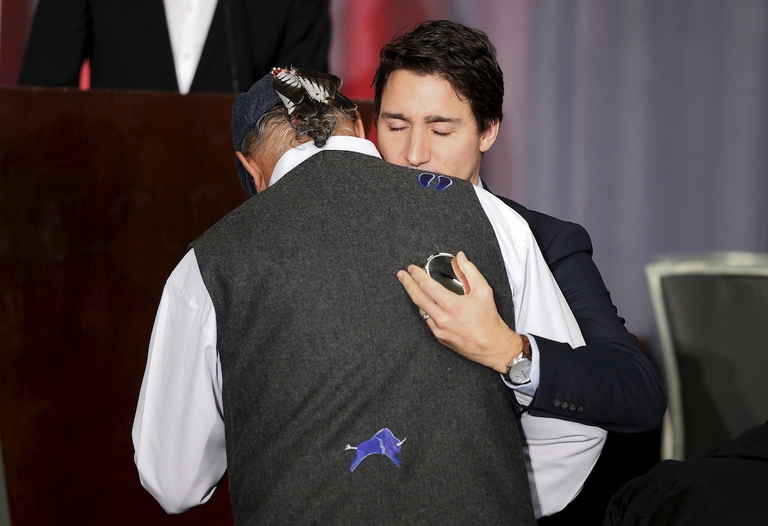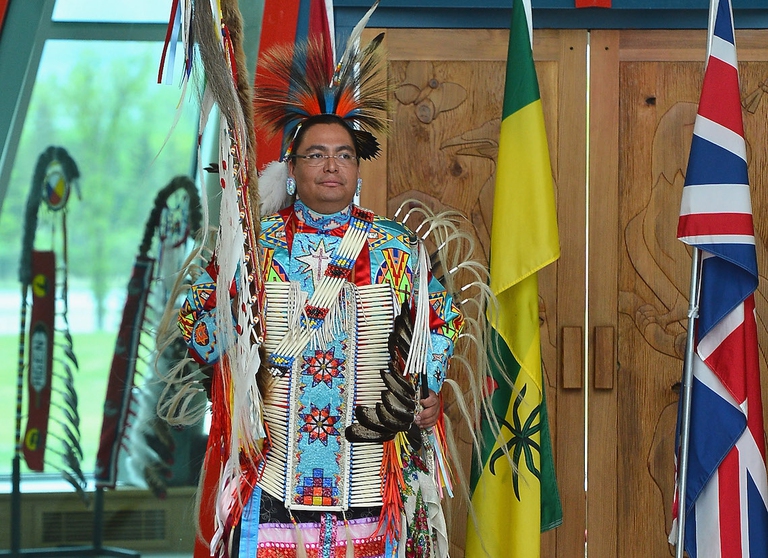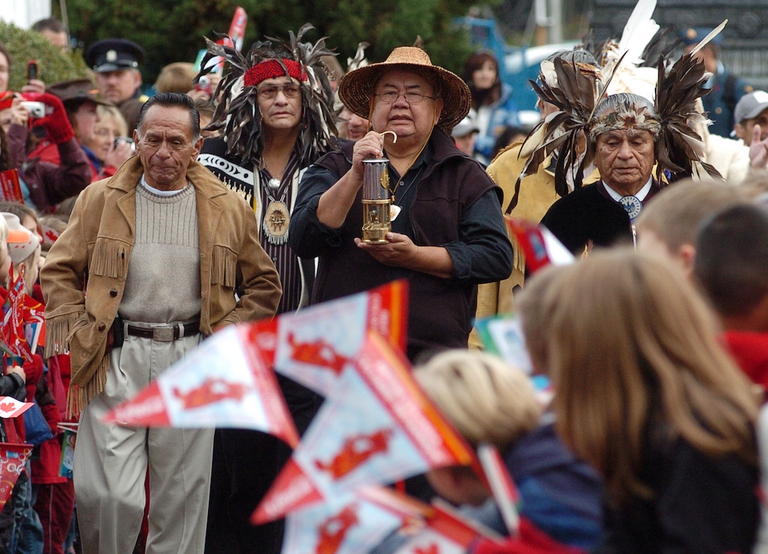
A special report from the Yuqui territory delves deep into the dreams, challenges, joys and sadness of one of Bolivia’s most vulnerable indigenous groups.
Prime Minister Justin Trudeau announced a new budget in March that pledges over 8 billion Canadian dollars for policies aimed at improving the lives of Aboriginal Canadians. This marks a significant increase in government funding focused on the country’s indigenous peoples, with the intent of reversing centuries of discrimination. Aboriginal Canadians Currently, the aboriginal community in
Prime Minister Justin Trudeau announced a new budget in March that pledges over 8 billion Canadian dollars for policies aimed at improving the lives of Aboriginal Canadians. This marks a significant increase in government funding focused on the country’s indigenous peoples, with the intent of reversing centuries of discrimination.
Currently, the aboriginal community in Canada is made up of 1.4 million people. 50 per cent identify as First Nation, the indigenous inhabitants of the nation, according to Aboriginal Affairs and Northern Development Canada. 30 per cent identify as Metis, which means they’re of mixed heritage, and 20 per cent as Inuit (the communities that live across Arctic Canada).
The government budget represents an attempt to address critical issues within these communities. There’s an “unacceptable gap between aboriginal and non-aboriginal people in the enjoyment of basic human rights” in Canada, according to Amnesty International.
This gap has been created through numerous means such as government appropriation of aboriginal land and the use of the residential school system that lasted from the early 1800s to 1996.
The residential school system involved the removal of more than 150,000 aboriginal children from their families. They were placed into boarding schools designed to “weaken family ties and cultural linkages” and impart western culture, according to the Truth and Reconciliation Commission of Canada. These schools were characterised by high levels of child abuse and have had a profound effect on the relationship between aboriginal peoples and other Canadians.
Some of the major outcomes of this system and other forms of discrimination are that aboriginal communities are less developed and display higher rates of drug and alcohol abuse than the rest of Canada. In addition, the rate of incarceration of First Nation, Metis and Inuit peoples is disproportionately high. Whilst these groups make up 4 per cent of the country’s citizens, they account for 23 per cent of its federal prison population.
The budget is focused on improving education, housing, child welfare and water quality within aboriginal communities. The government has pledged around 415 million Canadian dollars over the next two years to improve education and 635 million dollars over five years to tackle healthcare. The budget also pledges over 550 million dollars over two years to address housing needs within First Nation communities, and another 177 million over the same period to grapple with the housing needs of Northern Canada’s Inuit communities.
Perry Bellegarde, Chief of the Assembly of First Nations, sees the government’s policy as a cause for “optimism”. Trudeau himself has taken a rare approach for a Canadian prime minister, for example by visiting aboriginal communities such as Shoal Lake 40 in eastern Manitoba, which faces major water supply issues. Hopefully, his government will be able to play a much more meaningful and enabling role in helping aboriginal communities across Canada reverse a history of discrimination.
Siamo anche su WhatsApp. Segui il canale ufficiale LifeGate per restare aggiornata, aggiornato sulle ultime notizie e sulle nostre attività.
![]()
Quest'opera è distribuita con Licenza Creative Commons Attribuzione - Non commerciale - Non opere derivate 4.0 Internazionale.
A special report from the Yuqui territory delves deep into the dreams, challenges, joys and sadness of one of Bolivia’s most vulnerable indigenous groups.
The Yuqui people of the Bolivian Amazon fight not only to survive in the face of settlers, logging and Covid-19, but to preserve their culture and identity.
Jair Bolsonaro is accused of crimes against humanity for persecuting indigenous Brazilians and destroying the Amazon. We speak to William Bourdon and Charly Salkazanov, the lawyers bringing the case before the ICC.
Activists hail the decision not to hold the 2023 World Anthropology Congress at a controversial Indian school for tribal children as originally planned.
Autumn Peltier is a water defender who began her fight for indigenous Canadians’ right to clean drinking water when she was only eight years old.
The pandemic threatens some of the world’s most endangered indigenous peoples, such as the Great Andamanese of the Andaman and Nicobar Islands in India.
The Upopoy National Ainu Museum has finally opened. With it the indigenous people of Hokkaido are gaining recognition but not access to fundamental rights.
A video shows the violent arrest of indigenous Chief Allan Adam, who was beaten by two Royal Canadian Mounted Police (RCMP) officers.









